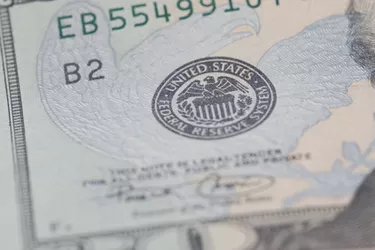
Banks and credit unions both provide financial services to their customers. Their common goal is to serve customers and increase the well-being of their key stakeholders. They provide many of the same products, services and benefits. Both industries are heavily regulated.
History
Video of the Day
Though there were precursors, the National Bank Act of 1863 formalized the national banking system in the United States. The Federal Deposit Insurance Corporation, or FDIC, created in 1933, continues as the largest bank regulator to this day. The first credit union emerged in Europe, specifically in Germany, in 1850. The Federal Bureau of Credit Unions was founded in 1934. In 1970, Congress changed the name to the National Credit Union Administration, or NCUA.
Video of the Day
Today, there are roughly the same number of banks and credit unions in the United States. Their regulators receive the backing of the full faith and credit of the United States government.
Banks
Banks provide financial services similar to those provided by credit unions. They take in deposits, then make loans with those deposits, and handle transactions. They provide other services, such as certified checks, wire transfers and notary services. Banks are owned by their stockholders and run by a board of directors and management team. Banks can be chartered at the state or national level. As of October 2010, deposits are insured up to $250,000.
Credit Unions
Credit union owners are their customers, or members. Each member owns one share in the credit union. Collectively, all the members appoint a volunteer board of directors that then hires a professional management team. Credit unions also provide the same loan and deposit products as banks but oftentimes do so at lower loan rates and higher deposit rates. Deposits are insured up to $250,000.
Benefits
Banks, depending on their charter, can serve anyone who comes through the front door. Typically, credit unions can accept membership only through companies or associations with which they are affiliated. However, some credit unions, like all banks, have come to serve a particular geographic area through what is known as a community charter. Both institutions provide business services, but banks surpass credit unions in this line of business.
Expert Insight
Banks and credit unions, though similar and laced with similar products and services, provide Americans with distinct financial service alternatives. Some suggest the two will look similar in the future, with credit unions being stripped of their tax-free status and having the ability to raise secondary capital.